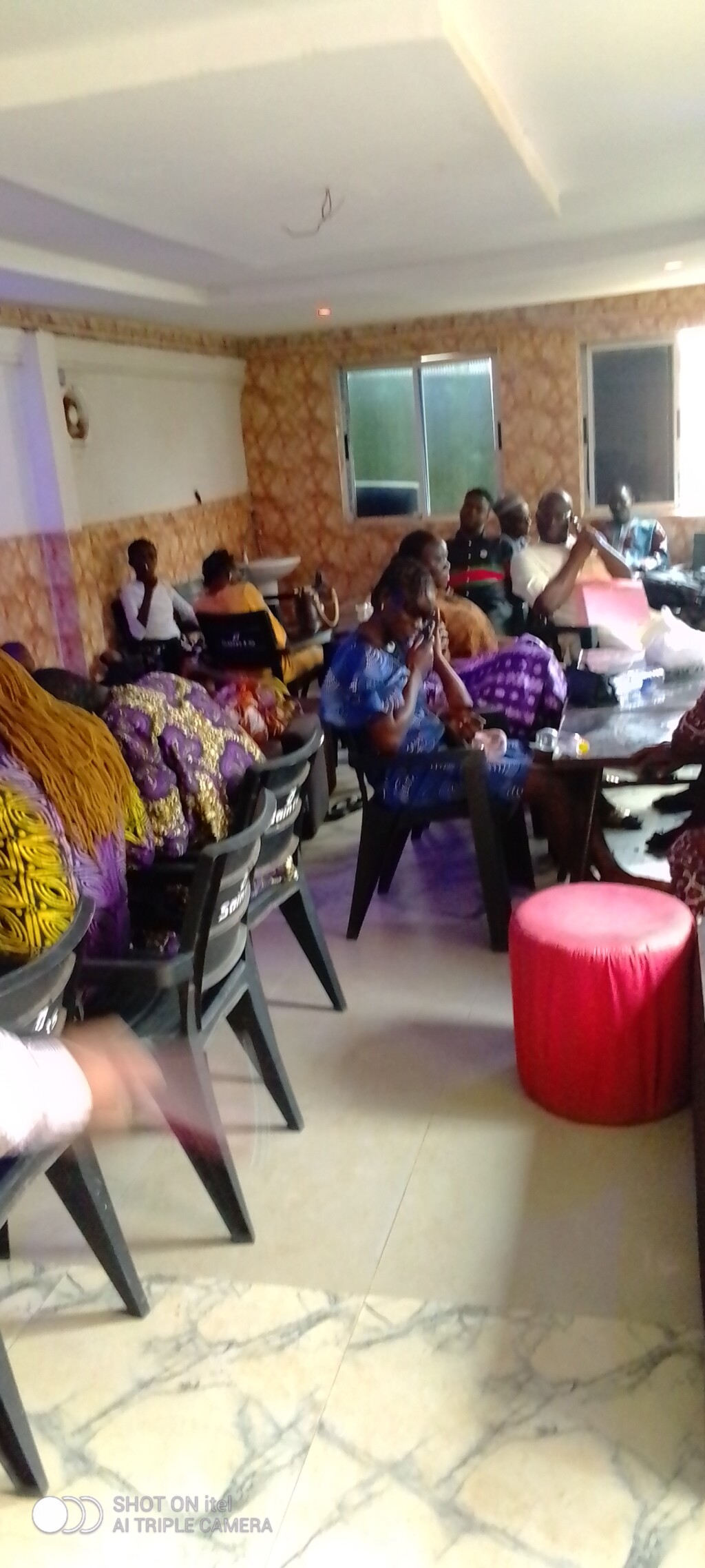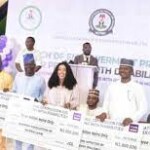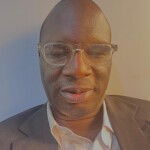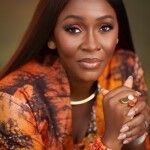The Nigeria Association of the Blind (NAB) has explored the intersection of the African culture and the legal system in advising its members on gender-based issues at home, workplaces, and other social settings.
"People always bring in emotions to anything about women,” said Lekan Bello, NAB’s southwest zonal coordinator.
He was responding to an address on sexual,gender, and domestic violence which Adenike Olorundare, zonal women leader, earlier gave during their 2024 zonal congress at Igbogbo, Ikorodu, Lagos, August 23.
The reason, according to him, is that women, compared to men, are always at the receiving end when social relationships go bust.
“So people naturally support them,” he said, noting, with instances, the alleged victims, though, are not always in the right.
He urged men to seek mutual understanding, and women to always define their relationships, and cut back on their expectations to avoid heartbreaks.
Maria Kazeem, NAB’s national project/admin officer, highlighted the thin line between sexual harassment and sexual abuse, and how even marriage, in law, makes no provision for either.
"A man doesn’t have absolute right to his wife’s body,” the lawyer said. Any violation of a wife’s right to consent to sex is rape, according to Nigeria’s law, and the punishment is 14 years in jail.
While the congress agreed religion and African culture prescribe otherwise, and make the husband dominant, Bello emphasised the moral problem this poses.
"But there is no morality in law,” he added.
The congress delegates from across the six southwestern states also agreed the problem cuts both ways—that men also fall victim to sexual abuse and harassment.
“We should start making it a talking point, too,” the southwest leader said.
The Ogun chapter chairman Joseph Bulugbe also clarified the role the association play in dealing with sexual harassment and sexual abuse within the blind community.
Clarifying what a state delegate earlier stated—in escalating allegations from NAB’s local government to the state and the national levels—Bulugbe first noted the criminality of such allegations.
"To prove a rape, for instance, you must first confirm penetration, which also has levels. And NAB is just an association,” he said in response to ER’s question.
"We will tell the parties involved the outcome of our investigation, and let them know they are at liberty to pursue their decision in court.”
According to Bello, there have been cases where people framed up members for rape, but the revelation came years after the association had hammered down the male suspects.
Still on relationship, Roseline Oniyide advocated for blind women facing discrimination when they manage to find love in persons with no disabilities.
"Nigerians should not hinder blind women from enjoying love and having fulfilment in marriage,” the deputy national women leader said.
Section 1 of the Discrimination Act 2018 prohibits any form of discrimination against persons on the ground of their disabilities.
But it is not clear if this covers matters of the heart, especially when no conjugal pact backed by law is in place yet.

Bayode addressing delegates
Another issue the congress deliberated on was braille literacy. Oladimeji Olatubosun, the Osun chapter chairman, believed assistive technologies adoption should dictate the direction.
The consensus of the over 20 delegates, however, reinforced the basic role braille plays in blind person’s literacy no matter the proliferation of technologies.
Kazeem said NAB is already on a project with the World Intellectual Property Organisation (WIPO) to make millions of books published around the world accessible to the blind.
Nigeria is already a signatory to the Marrakesh Treaty (2013), an international convention which WIPO administers and facilitates for members without the expected copyright bottleneck.
In their separate requests, the state chairmen, including Lukman Salami (Lagos) and others from Ekiti, Osun, and Ogun called on their governments to refocus inclusive education and make learning facilities accessible to the blind.
Bulugbe particularly urged his (Ogun)state government to sign its disability bill into law, being the only state in the region that hasn’t got one.
Other highpoints of the congress include a talk shop on Finding Your Feet in the Digital Space which Olufemi Bayode, a data and web expert, facilitated. A health worker from the Lagos State University Teaching Hospital also spoke on women reproductive health and cervical cancer.







